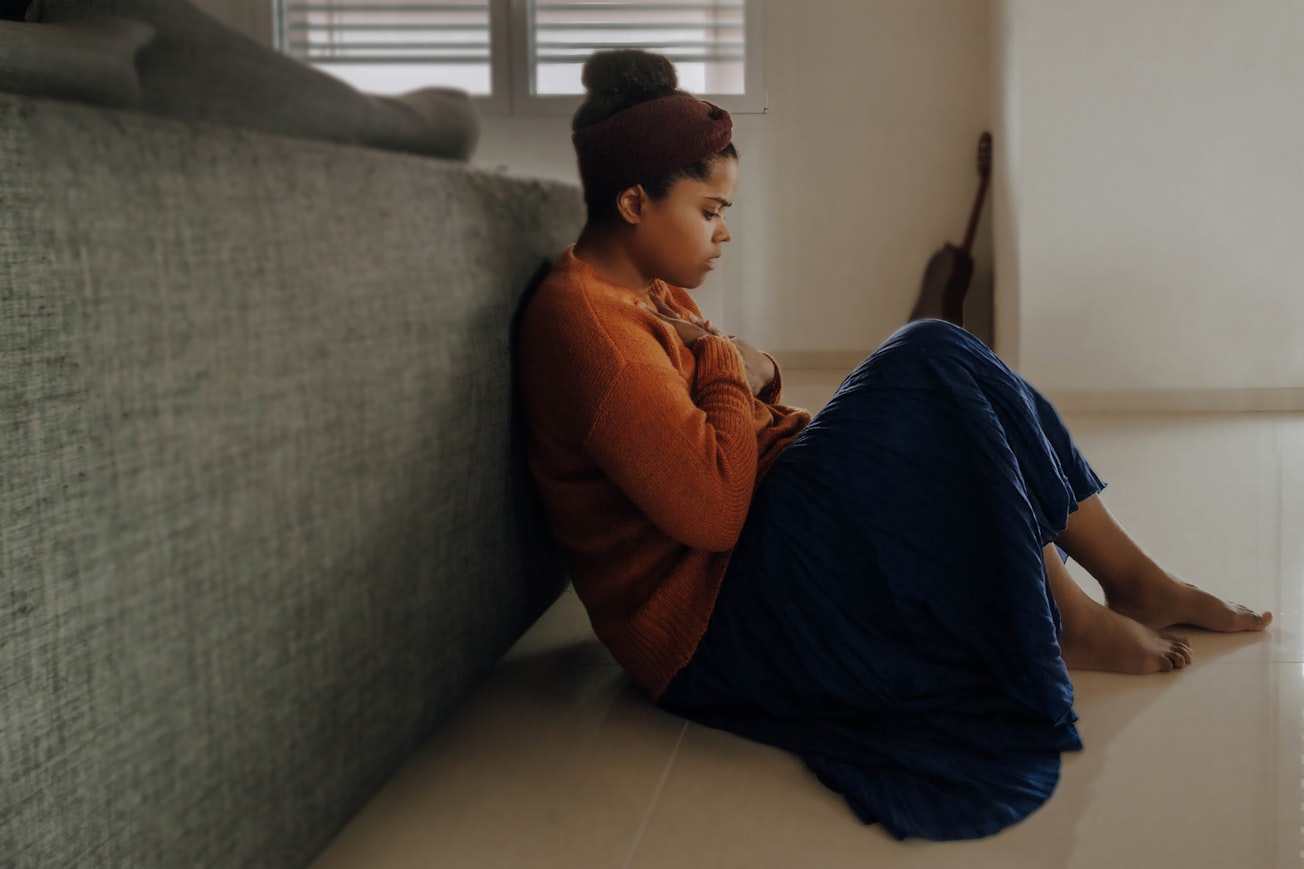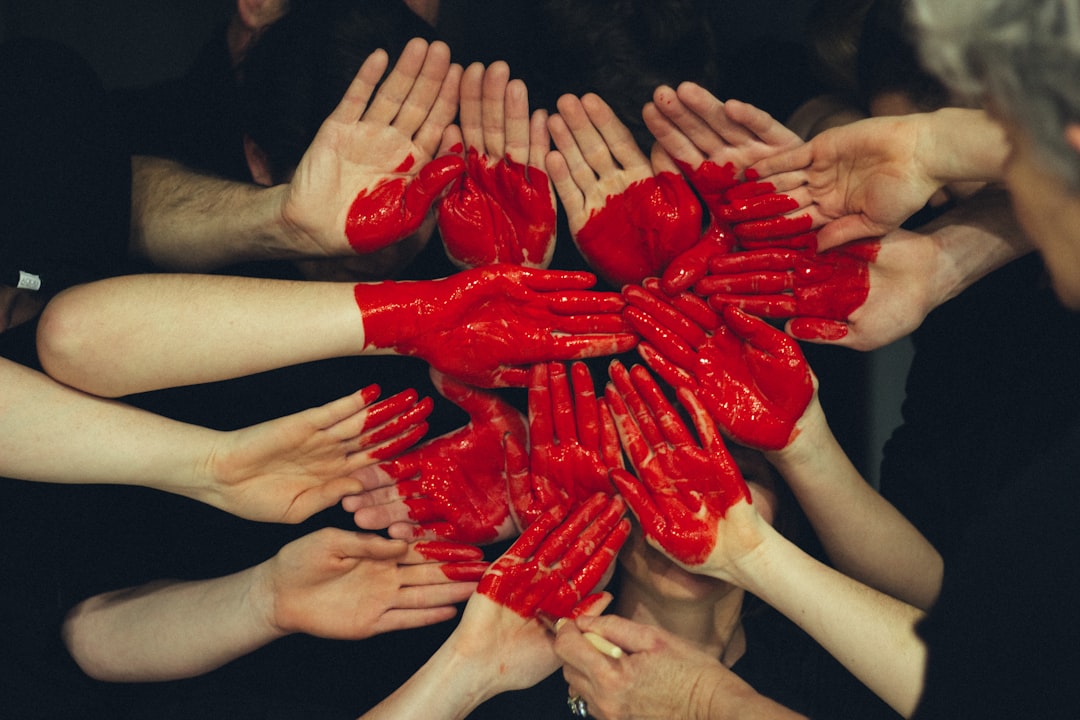What is it about?
People around the world have experienced the effects of COVID-19 in work, relationships, mental health, and other aspects of daily life. This study examined the effects of COVID-19 across many areas in different racial groups. We found that BIPOC individuals (Black, indigenous, and people of color) were significantly more likely to report higher levels of virus-related anxiety, to know one or more people who had tested positive for the virus, to hold a job in a field that involved direct contact with others, and to experience problems in areas of daily functioning such as accessing food and safe housing.
Featured Image

Photo by Joice Kelly on Unsplash
Why is it important?
These results suggest multiple opportunities and pathways to better support BIPOC-identified individuals, families, and communities during the COVID-19 pandemic.
Perspectives
In dealing with the worldwide COVID-19 pandemic, communities and governments are charged with providing for the needs of a wide range of individuals, families, and groups. I hope this article is helpful in highlighting ways that we can better support BIPOC communities in addressing the specific challenges they may face at this time in our history.
Sara Hofmann
Eckerd College
Read the Original
This page is a summary of: Racial disparities in COVID-19 anxiety and adversity., Traumatology An International Journal, December 2021, American Psychological Association (APA),
DOI: 10.1037/trm0000335.
You can read the full text:
Contributors
The following have contributed to this page










